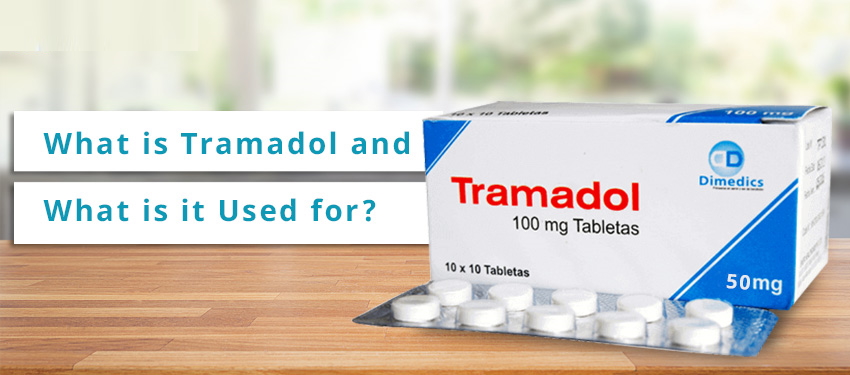There Are Various Anxiety Symptoms That Can Indicate That you’re Suffering from Anxiety. Feelings of worry, fear and anxiety are generally considered normal reactions to stressful circumstances. For instance, financial worries, stress from a personal relationship or problems at work can cause anxiety. This is known as the ‘fight or flight‘response and it can give a person the ability to respond to a difficult situation.

Once the problematic circumstance is over, an individual will normally return to their usual state. For people with anxiety disorders, however, anxiety symptoms are ongoing and this can disrupt their daily routine. The following are common anxiety disorders and their associated symptoms:
Their behaviour might have also been altered in an attempt to avoid situations that may induce a panic attack. The physical anxiety symptoms of panic disorder include heart palpitations, shaking, dizziness and shortness of breath.
Anxiety is generally viewed as a medical condition if it is overwhelming, persistent and interferes with daily activities. Like physical health issues such as hypertension or coronary artery disease, anxiety disorders are medical conditions that should be taken seriously.
Even though anxiety disorders can be effectively treated, only about one third of people who suffer with these conditions receive the meds or therapy they need. While anxiety disorders can be disabling, it is important to understand that these conditions affect many people.
The exact cause of an anxiety disorder may be complicated and often involves more than one single factor. A combination of aspects may play a role in the development of an anxiety condition and the following table describes these factors:
|
Cause of anxiety |
Description |
|
Personality traits |
People with specific personality traits may be more inclined to develop an anxiety condition. For example, individuals who are easily agitated, lack self-esteem or have a controlling personality may develop an anxiety disorder. |
|
Stressful life events |
An anxiety disorder may develop as a result of stressful life events such as the following:
|
|
Genetic inheritance |
Sometimes, people with a close relative who has an anxiety disorder may be more likely to develop an anxiety condition themselves. However, having a close relative with an anxiety disorder does not necessarily mean a person will invariably develop an anxiety condition. |
|
Other psychiatric conditions |
Other mental health conditions like depression and additional anxiety disorders may increase the likelihood of developing another anxiety condition. |
|
Physical health problems |
Long-term physical illnesses like diabetes, heart disease or high blood pressure can contribute to the development of an anxiety disorder. |
Anxiety disorders are considered the same as medical conditions and although they cannot be completely cured, they can be effectively managed. Once you have an understanding of your condition, there are important steps you can take to decrease your anxiety symptoms and regain control of your general well-being. The right treatment can help reduce exaggerated worries so that you can function well on a daily basis.
Studies have revealed that the prevalence rate of anxiety disorders is approximately 33% of the adult population. Despite the widespread occurrence of anxiety disorders, only 36.9% of patients receive effective treatment. The good news is that anxiety disorders are highly treatable. Most patients respond well to anxiety meds, psychotherapy, or a combination of both. The following meds are commonly used in the treatment of anxiety disorders:
|
Meds |
Description and therapeutic effects |
Main uses |
|
Xanax (alprazolam tablets) |
Approved for medical use by the FDA in the early eighties, alprazolam is often recommended in the treatment of anxiety symptoms associated with anxiety disorders. This meds has sedative, anxiolytic and muscle relaxing effects. |
|
|
Ativan (lorazepam) |
Lorazepam is listed on the World Health Organisation’s List of Essential Meds. This benzodiazepine has a quick onset of effects, which include sedation and relief from anxiety. It is a short-acting meds that is rapidly absorbed and eliminated from the body. |
|
|
Klonopin (clonazepam) |
Clonazepam is a tranquilliser that takes effect within 1 hour of administration and the effects last between 6 to 12 hours. This meds has anticonvulsant, anti-anxiety, sedative and muscle relaxing effects. |
|
|
(diazepam) |
Diazepam is also listed on the World Health Organisation’s List of Essential Meds and is one of the most frequently used meds. This meds has anxiolytic, anticonvulsant, sedative and muscle relaxing properties. |
|
Many patients use meds in combination with visiting a psychotherapist, to treat their condition. Often, the therapeutic effect of benzodiazepines helps them fully participate in psychological treatments like cognitive behavioural therapy (CBT). This form of psychotherapy helps people learn to recognise and control the factors that are causing their anxiety symptoms. This, together with sound pharmacological treatment, offers the ideal short and long-term therapy for most patients.
For more information on how to buy anxiety meds online, the customer service team at Visit alexonlinepharmacy to view our full range of sleep medication online and our wide range of anxiety medicine online, muscle relaxant meds, headache meds, buy pain meds online and cheap ed pills online!
More Product Information:
● How to Treat Anxiety Disorder?
● What is Anti Anxiety Medicine?
Updated by Admin: March 12, 2023
Your email address will not be published.
Required fields are marked *